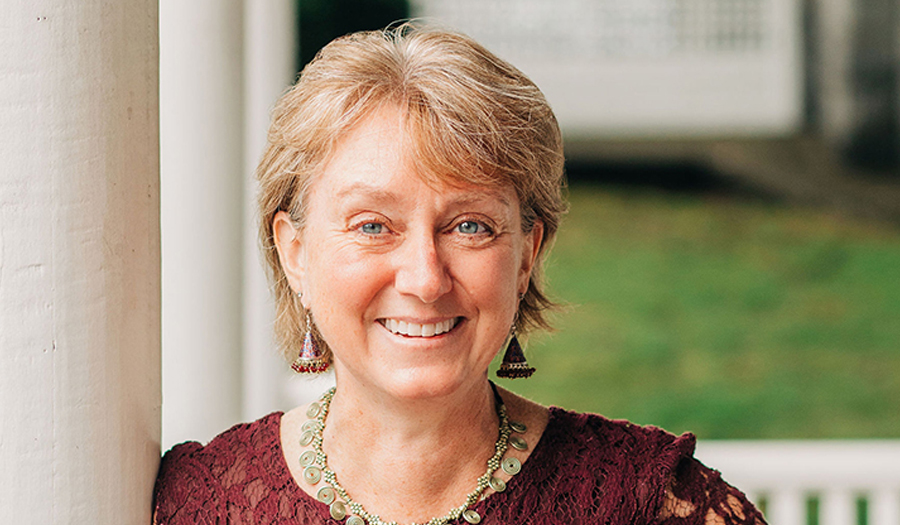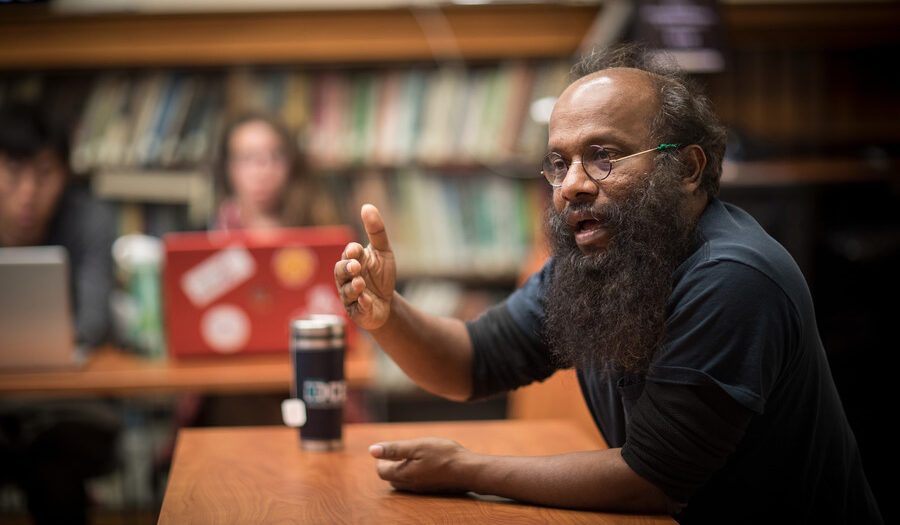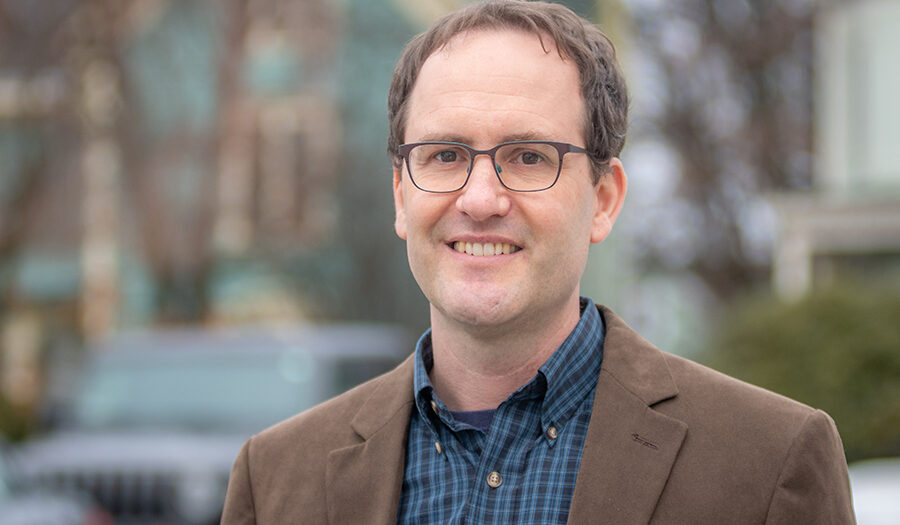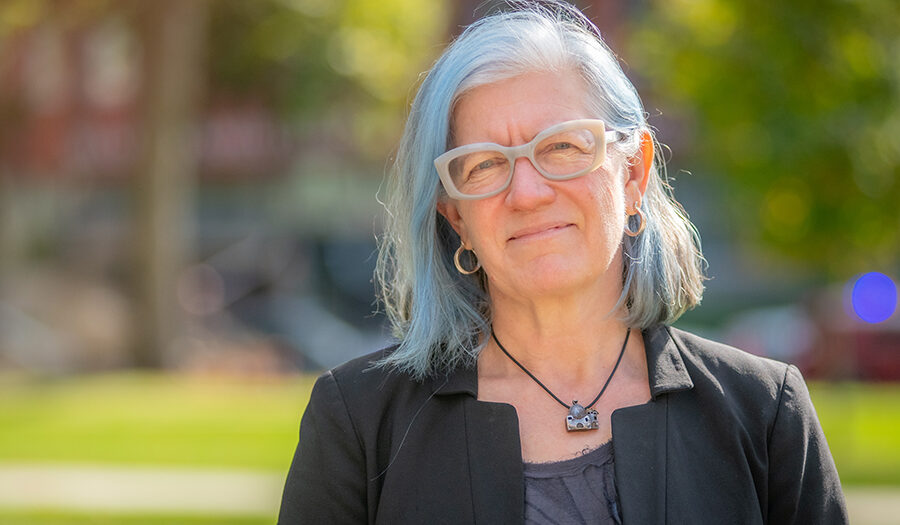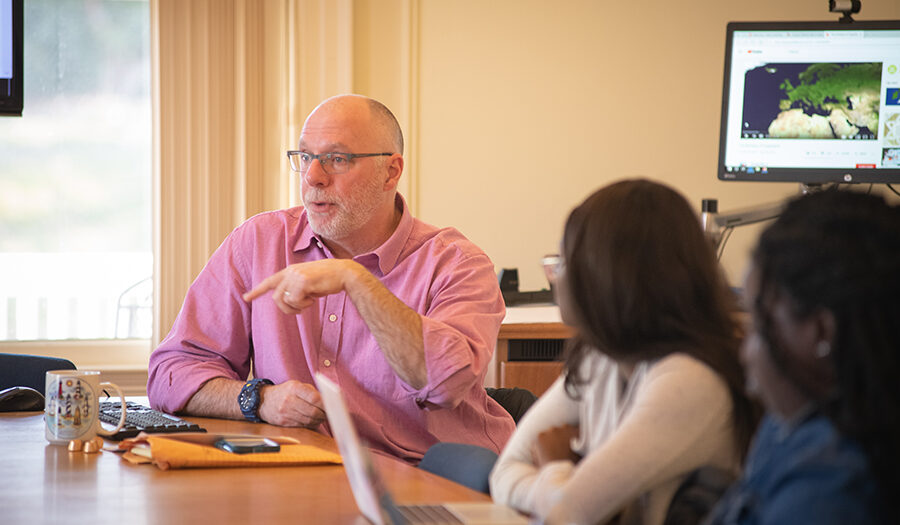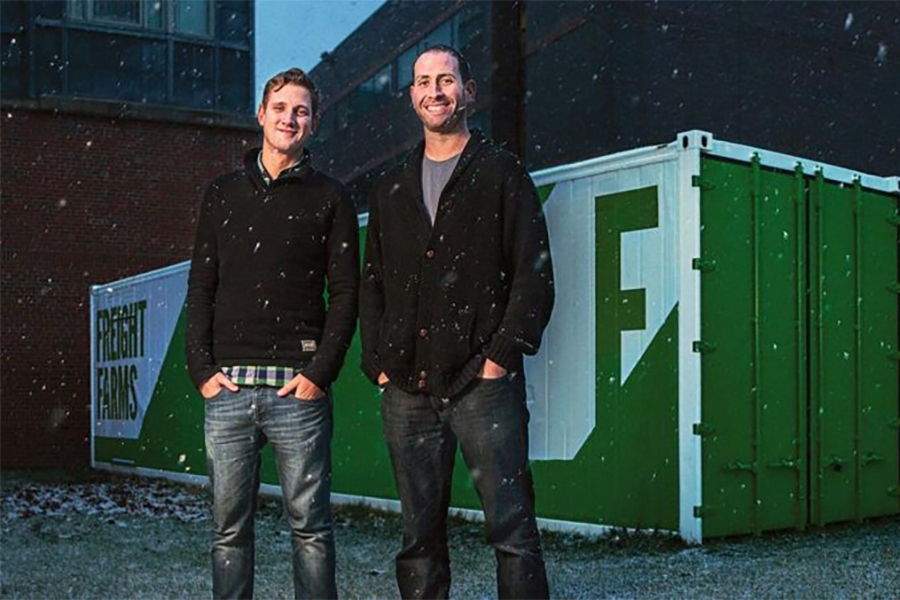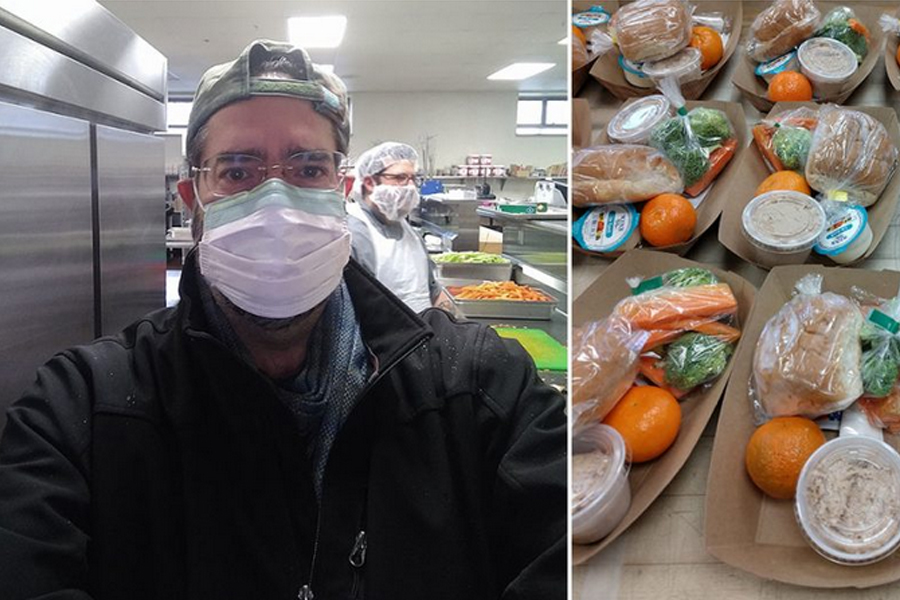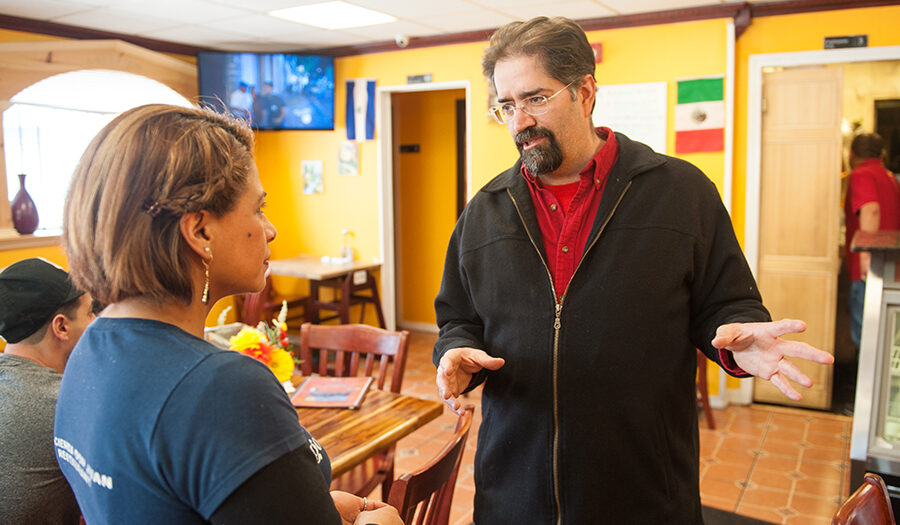
Ramon Borges-Mendez
Ramon Borges-Mendez teaches graduate courses on food systems, inequality, labor economics, migration, and globalization. A recent 2023 publication, an Op-Ed piece in The Boston Globe asked, “How could we improve the skills and training opportunities of the impoverished Latino workers who pick our crops and prepare our food, especially in my home state of Massachusetts?”
Current Work
Dr. Borges-Mendez is actively engaged with the Nutrition Program for the Worcester Public Schools and serves on the Advisory Board of the Farm to Institution New England network, which focuses on increasing local food sourcing in schools, colleges, and hospitals. He is the co-founder of Fundacion Bucarabon, an initiative to reposition the Francisco Vincenty School as a social and economic hub in the coffee-producing regions of Maricao, Puerto Rico.
Degrees
- Ph.D. in Urban Studies and Regional Development, Massachusetts Institute of Technology, 1995
- M.A. in City Planning, Massachusetts Institute of Technology, 1988
- B.A. in Social Thought and Political Economy, University of Massachusetts at Amherst, 1985


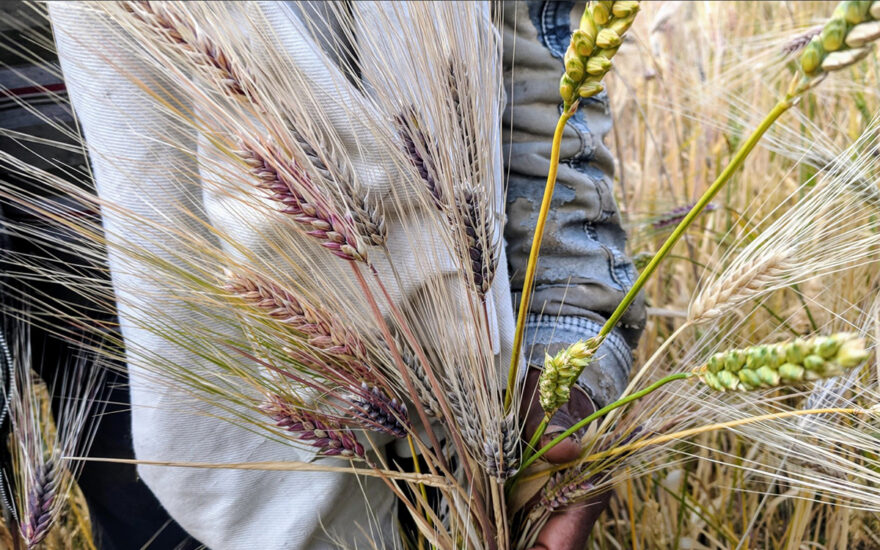
 Complex challenges require authentic community engagement
Complex challenges require authentic community engagement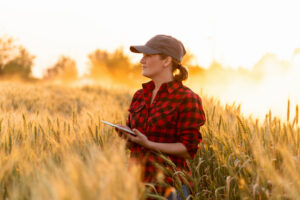 Gain access to vast network of Clark alumni working to advance sustainability and justice in our food systems.
Gain access to vast network of Clark alumni working to advance sustainability and justice in our food systems.